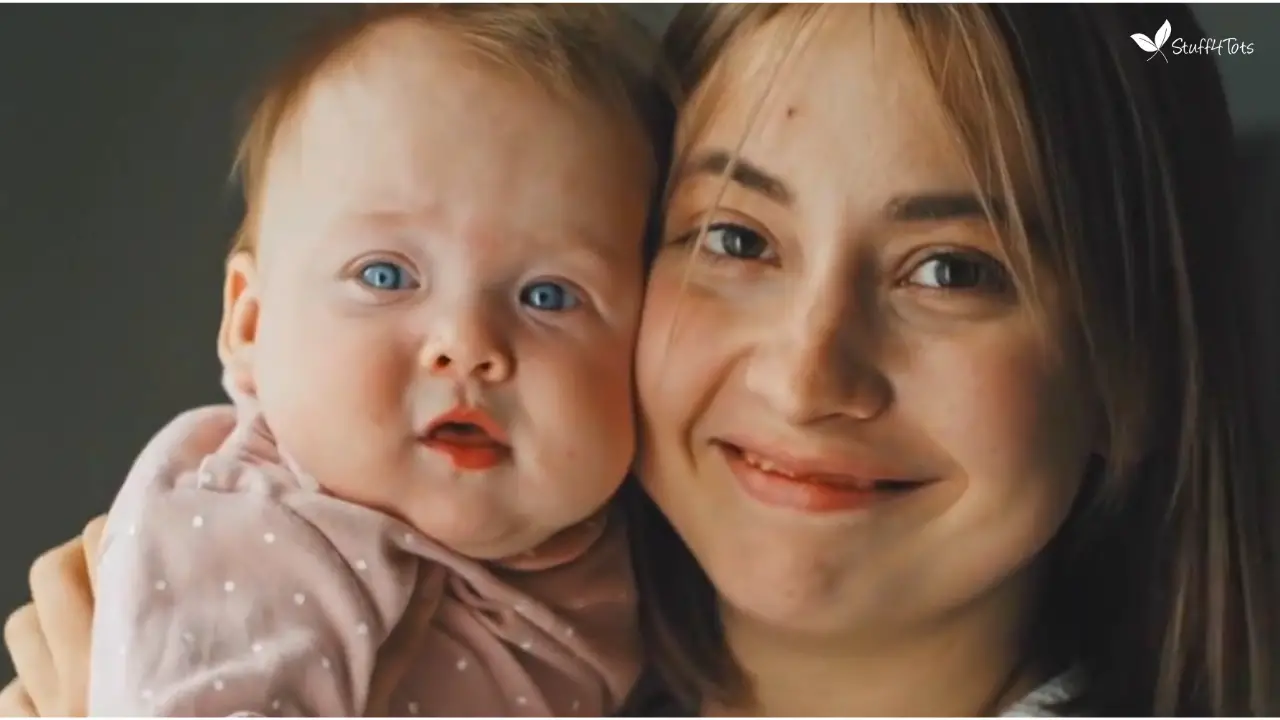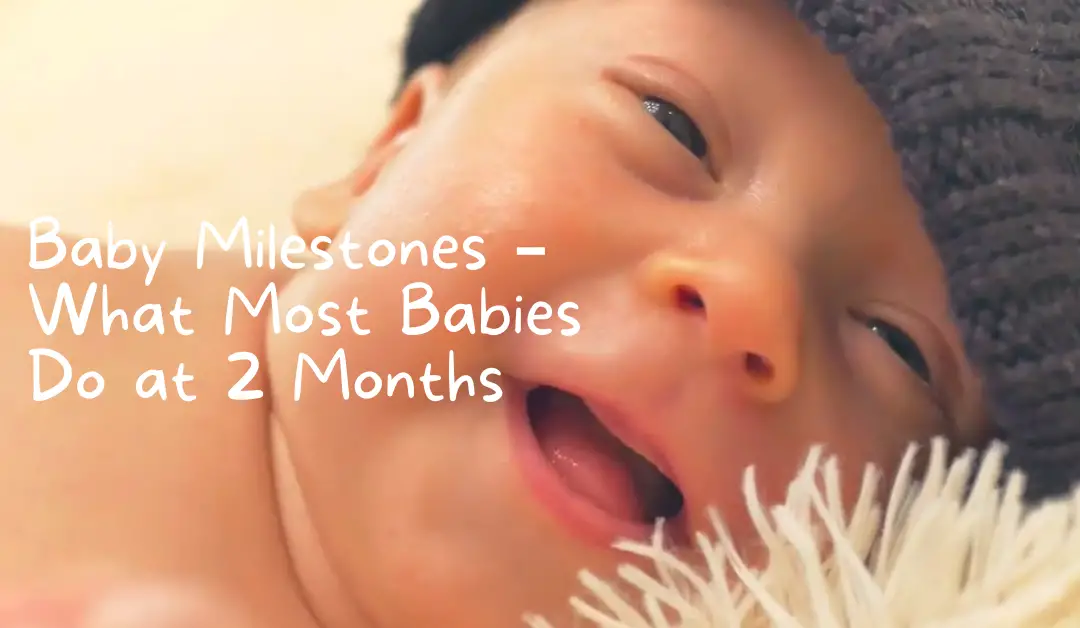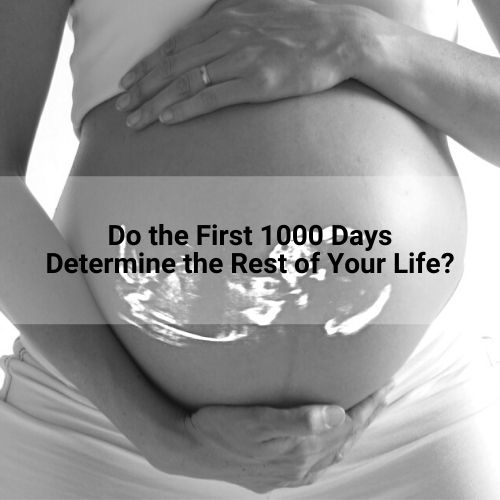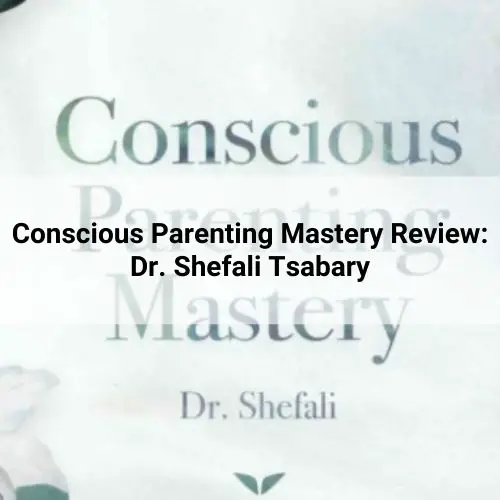Table of Contents
Developmental Milestones
How your little one moves, acts, speaks, learns, plays, and interacts gives important clues about his or her development.
There are things most children can do by a certain age. These first-time actions are called developmental milestones.
In this article, we’ll discuss these milestones which your child reaches during the second month.
These baby milestones are as defined by Centers for Disease Control and Prevention (CDC).
What Can Most Babies Do By Month 2?
First up, let’s look at emotional and social milestones. Your little one:
- Looks at you / your face
- Smiles back at you when you smile at him
- Smiles when you speak to him
- Looks happy to see you when you approach him
- Calms / quiets down when you speak to him or carry him
Second, communication and language milestones. Your little one:
- Reacts to sounds that are loud or sudden
- Makes sounds other than crying
Third, cognitive milestones. These include thinking, learning, and problem-solving. Your little one:
- Looks at a toy for several seconds
- Watches you when you move
And the fourth, movement and physical development milestones. Your little one:
- Briefly opens his hands
- Holds his head up when on his tummy
- Moves both arms and legs
During the visit to your pediatrician, it’s important to discuss these things:
- What do you and your baby do together?
- What does your baby like to do?
- Is there anything that your baby does or doesn’t do that is of concern?
Of course, don’t be alarmed if your baby hasn’t quite hit some or all of these milestones by the end of month 2.
Human beings are a varied bunch and we all develop at different rates. These milestones are “averages” and some babies will cross them earlier or later than the herd.
There’s no need for worry about milestones in month 2 – but by all means do discuss with your pediatrician if there is anything of concern.
You Play a Great Role in Your Baby’s Learning and Brain Development
You are your baby’s first and best teacher, and it’s you who can help him or her the most with this learning and brain development phase.
Here are some simple activities to try with your little one:
Show your baby a positive response.
Smile, talk, and act excited towards him when he makes sounds. This teaches him to take turns “talking” back and forth in conversation.
Read, sing, and talk to your baby to help him develop and understand language.
Cuddle and hold your baby.
This will help him feel that he’s cared for and that he’s safe. And no, you won’t spoil your baby just by holding him.
Being responsive to your baby helps him learn and grow.
Limit your screen time when you’re with your baby. That way, you’ll be responsive.
Take care of yourself.
Parenting is challenging! When you feel good, it’s easier to enjoy your new baby.
Learn to observe and respond to your baby’s signals to know what she needs.
When you do this, your baby will feel safe and loved. And you’ll feel great about that.
For example, is she trying to interact with you by looking at you and making sounds? Or is she yawning, turning her head away, or becoming fussy because she’s tired?
When your baby is awake, place your baby on his tummy. Then put some toys in front of him at eye level.
This will encourage your little one to lift his head up. Don’t leave your baby alone during this time.
If he’s sleepy, bring him to a safe sleep area (firm mattress with no blankets, pillows, bumper pads, or toys) and place him on his back.
Only feed breast milk or formula to your baby.
For about the first 6 months, babies aren’t ready for any other food or liquids.

Tips and Activities for Baby’s 2nd Month
Learn when your baby is hungry by looking for signs.
Be on the lookout for signs of hunger. For example, your baby will put his hands to his mouth, turn his head toward your breast or the bottle, or smack / lick his lips.
Know when your baby is full. He will either close his mouth or turn his head away from your breast / the bottle.
It’s ok to stop feeding if your baby isn’t hungry.
Do not shake your baby or allow anyone else to!
Shaking your baby can damage his brain or even cause his death.
If you’re getting upset because he is crying, place your baby in a safe place and walk away. Check on him every 5 to 10 minutes.
Infant crying is often at its worst in the first few months, but it will get better!
Establish feeding and sleeping routines.
Your baby will begin to learn what to expect when he gets used to these routines.
Thoughts
Remember that it’s not exactly when your baby gets to sit up by himself or utters his first words. What’s more important is that they’re progressing with their development.
Speaking of development, we’re going to talk about baby milestones for 4-month-olds in the next article. We’ll see you then!
How’s your 2-month-old doing?
We’d love to hear from you! Let us know in the comments below.
Thanks for stopping by!
Related articles we think you might also enjoy:





